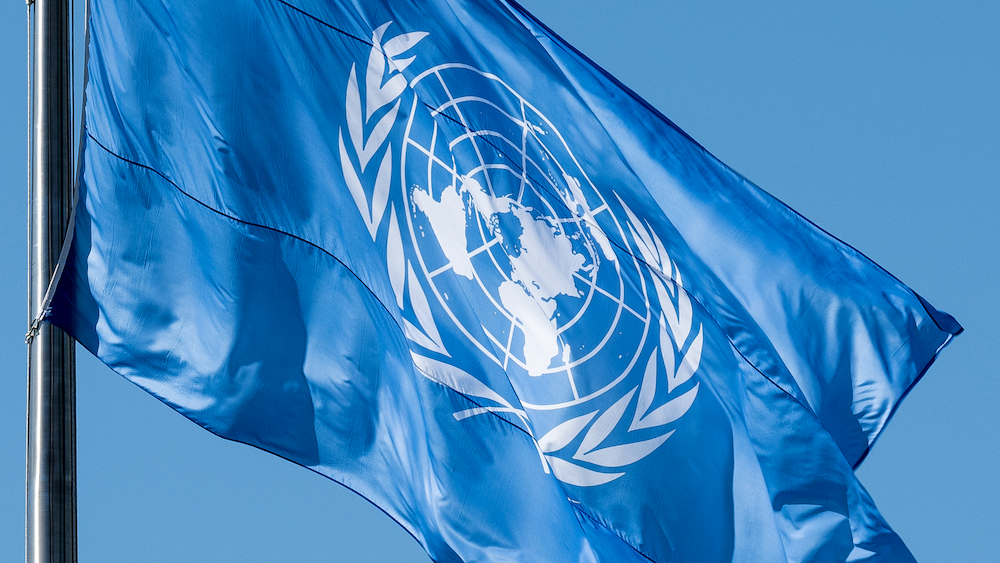For years now, a clear message has been emerging in Africa: the world’s power structures need an urgent rewrite. In fact, according to the latest Afrobarometer survey, this need for continent-wide consensus is growing, as seven in ten Africans demand greater influence for their nations in global decision-making bodies like the United Nations.
This growing call among African countries is for equity, as they grow tired of the continent being sidelined in major discussions that shape the future of the world. While Africans generally feel their voices are heard within continental bodies like the African Union and regional economic communities, the hunger for global representation cuts across borders.
In a number of African countries, this sentiment burns particularly bright, with majorities strongly endorsing the push for more clout on the world stage.
According to data from the survey, of the 30 countries involved, over 50% of respondents in 29 countries agree that African countries should have a say in international bodies.
In countries like Tunisia and Senegal, over 50% strongly agree. In Kenya, while 35% of respondents strongly agree that African countries should have a say, another 35% agree. It is clear that Africans are no longer willing to accept permanent backbench status in international forums.
The survey also delivers some surprising insights about how Africans view foreign powers. China emerges as the most positively viewed external actor, with 60% of respondents approving its economic and political influence—outranking even regional organisations and traditional Western partners.
The United States (53%) and European Union (49%) still command respectable approval ratings, but they’re playing catch-up to Beijing’s diplomatic offensive across the continent. Former colonial powers, meanwhile, receive more tepid assessments, with only 41% viewing their influence positively.
Russia and India bring up the rear in this soft power contest, though significant portions of respondents remain undecided about all foreign actors (over 20% in all areas).
What makes these findings particularly striking is the contrast they reveal. While Africans are demanding a bigger global voice, they’re also showing growing satisfaction with their own continental institutions. The African Union enjoys net positive approval in most countries surveyed, with particularly strong support in Liberia (79%) and Mauritania (69%).
Regional economic communities similarly score well on recognising national interests—proof that pan-African structures, for all their flaws, are earning legitimacy where it matters most: among ordinary citizens.
However, beneath these numbers lies a crucial tension. The same survey shows that substantial minorities—sometimes reaching 30%—remain critical of both continental and foreign influences in their countries. In places like Mali, Congo-Brazzaville, and Guinea, scepticism about the AU’s role runs deep.
And for all the talk of global rebalancing, between one-fifth and two-fifths of Africans still can’t or won’t take a clear position on foreign powers.
Africa’s demographic boom, economic potential, and strategic resources make it impossible to ignore. The survey suggests African citizens know this, and are increasingly impatient with architectures of global governance that still reflect the old world order.
What remains to be seen is whether this demand for influence will translate into concrete changes at the UN Security Council, IMF leadership tables, and climate negotiation rooms.


